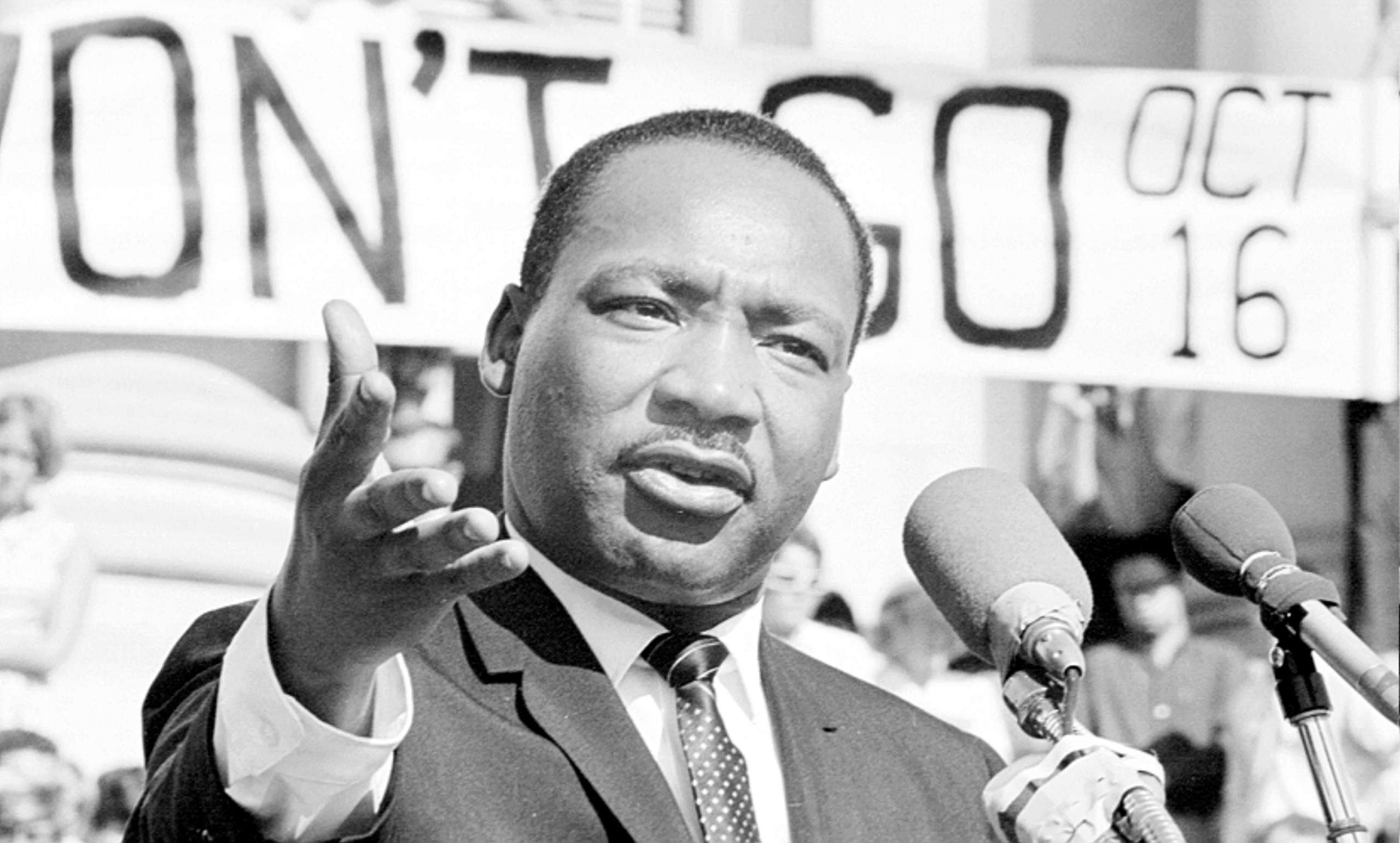In Memory of Martin Luther King Jr – The Day the Dream Was Silenced: On April 4, 1968, the world lost one of its most powerful voices for justice. Dr. Martin Luther King Jr., a revered leader of the American Civil Rights Movement, was assassinated on the balcony of the Lorraine Motel in Memphis, Tennessee. His death sent shockwaves across the nation and beyond, leaving a profound void in the fight for racial equality and civil rights. This moment, forever etched in history, signified both the fragility and strength of the movement he led.
A Call for Justice
Leading up to his tragic death, Dr. King had increasingly focused on addressing economic inequality and advocating for the rights of marginalized workers. One of the focal points of his efforts was the sanitation workers’ strike in Memphis, Tennessee. The strike began in early 1968 following the tragic deaths of two African American workers, Echol Cole and Robert Walker, who were killed by a malfunctioning garbage truck. This incident brought attention to the unsafe working conditions, low wages, and mistreatment of black sanitation workers.
Dr. King had been a staunch supporter of labor rights throughout his career, making this cause central to his ongoing fight for justice. By March of 1968, he had traveled to Memphis to lend his voice to the workers’ struggle. The strike, fueled by their demands for fair wages and working conditions, grew into a movement that attracted national attention. Despite rising tensions, Dr. King remained unwavering in his resolve to support their efforts and fight for the dignity of every worker.
The Final Hours
April 4, 1968, began as an ordinary day for Dr. King, though the tension in Memphis was palpable. Throughout the morning and afternoon, he discussed plans with his staff regarding the upcoming march in support of the sanitation workers. The march was scheduled for April 8, but the events of that fateful evening would change the course of history.
At 6:01 p.m., Dr. King stepped out onto the balcony of his second-floor motel room at the Lorraine Motel to speak with friends and colleagues, including Reverend Jesse Jackson. As they talked about dinner plans, a single gunshot shattered the calm of the evening. The bullet struck Dr. King in the neck, and he fell to the ground.
Immediately, bystanders rushed to his aid, and he was quickly transported to St. Joseph’s Hospital. Despite the doctors’ best efforts, Dr. King was pronounced dead at 7:05 p.m. The nation, already divided over the challenges of the time, was thrown into a state of grief and outrage.
National Mourning
The news of Dr. King’s assassination spread like wildfire, plunging the nation into mourning. Riots and protests erupted in major cities across the United States as people grappled with the loss of their leader, the man who had taught the world the power of nonviolence in the pursuit of justice. His death left an unfillable gap in the leadership of the Civil Rights Movement and in the hearts of millions of Americans.
The FBI, under J. Edgar Hoover, swiftly opened an investigation into the assassination. The investigation quickly pointed to James Earl Ray, a fugitive who had been hiding under an alias. Ray was apprehended in London two months later, and after a guilty plea, he was sentenced to 99 years in prison. Despite his admission, Ray later claimed innocence, sparking a variety of conspiracy theories that suggested other parties may have been involved. However, Ray’s conviction remained the official narrative.
The Legacy of a Dream
Dr. King’s assassination, though devastating, did not mark the end of the fight for justice and equality. In fact, his death only propelled the Civil Rights Movement forward, giving new urgency to the ongoing struggles for racial equality, voting rights, and social justice. The momentum generated by King’s work helped push the nation toward further legislative progress, including the passage of the Fair Housing Act in 1968, just days after his death. This legislation aimed to combat housing discrimination and promote equal opportunities for all Americans, reflecting the core values Dr. King championed.
Dr. King’s commitment to economic justice, civil rights, and nonviolence continued to inspire generations of activists who carried on his work in diverse causes—from LGBTQ+ rights to women’s rights and the rights of immigrants. His legacy was further honored in 1983 when President Ronald Reagan signed a bill establishing Martin Luther King Jr. Day as a national holiday. Celebrated every third Monday of January, the day serves as a reminder of Dr. King’s vision for a more just and equal society.
Remembering Dr. King
Fifty-seven years have passed since Dr. King’s assassination, yet his influence remains felt across the world. His teachings of love, peace, and nonviolence continue to inspire movements for justice and equality everywhere. While his life was tragically cut short, Dr. King’s message lives on, urging us to challenge systems of oppression and work toward a better world for all.
Though the dream was silenced on that fateful day in 1968, Dr. King’s vision remains an indelible part of America’s story. His courage, conviction, and enduring hope in the face of adversity will always serve as a guiding light in the ongoing pursuit of freedom, equality, and justice for every person, regardless of race, creed, or background.



